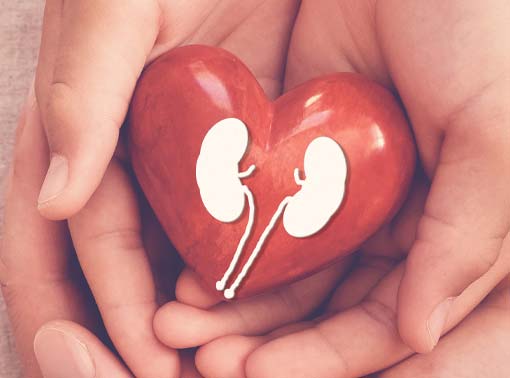Play a Crucial Role...
Organ Procurement Organizations (OPOs) play a crucial role in facilitating organ donation and transplantation. Their primary function is to identify potential donors, obtain consent from families, coordinate the recovery of organs, and allocate them to patients in need. The benefits of OPOs are multifaceted:
-
Saving Lives
Increased organ donation rates: OPOs actively promote organ donation awareness and educate the public about the benefits of giving the gift of life.
Reduced waitlist times: By efficiently coordinating organ recovery and allocation, OPOs help to reduce the number of patients waiting for life-saving transplants.
Improved transplant outcomes: OPOs ensure that organs are procured and transported under optimal conditions, maximizing their viability and improving the success rates of transplant procedures. -

-

-
Supporting Donor Families
Emotional support: OPOs provide compassionate support to donor families during a difficult time, helping them to cope with the loss of a loved one.
Information and guidance: OPOs offer information and guidance about the donation process, ensuring that families are well-informed and can make informed decisions.
-
Enhancing Healthcare Systems
Improved healthcare outcomes: Organ transplantation can significantly improve the quality of life for patients with end-stage organ disease.
Cost-effective care: Successful transplants can reduce the long-term healthcare costs associated with dialysis or other life-sustaining treatments.
Research and advancement: OPOs contribute to medical research by facilitating the study of organ donation and transplantation, leading to advancements in the field. -




